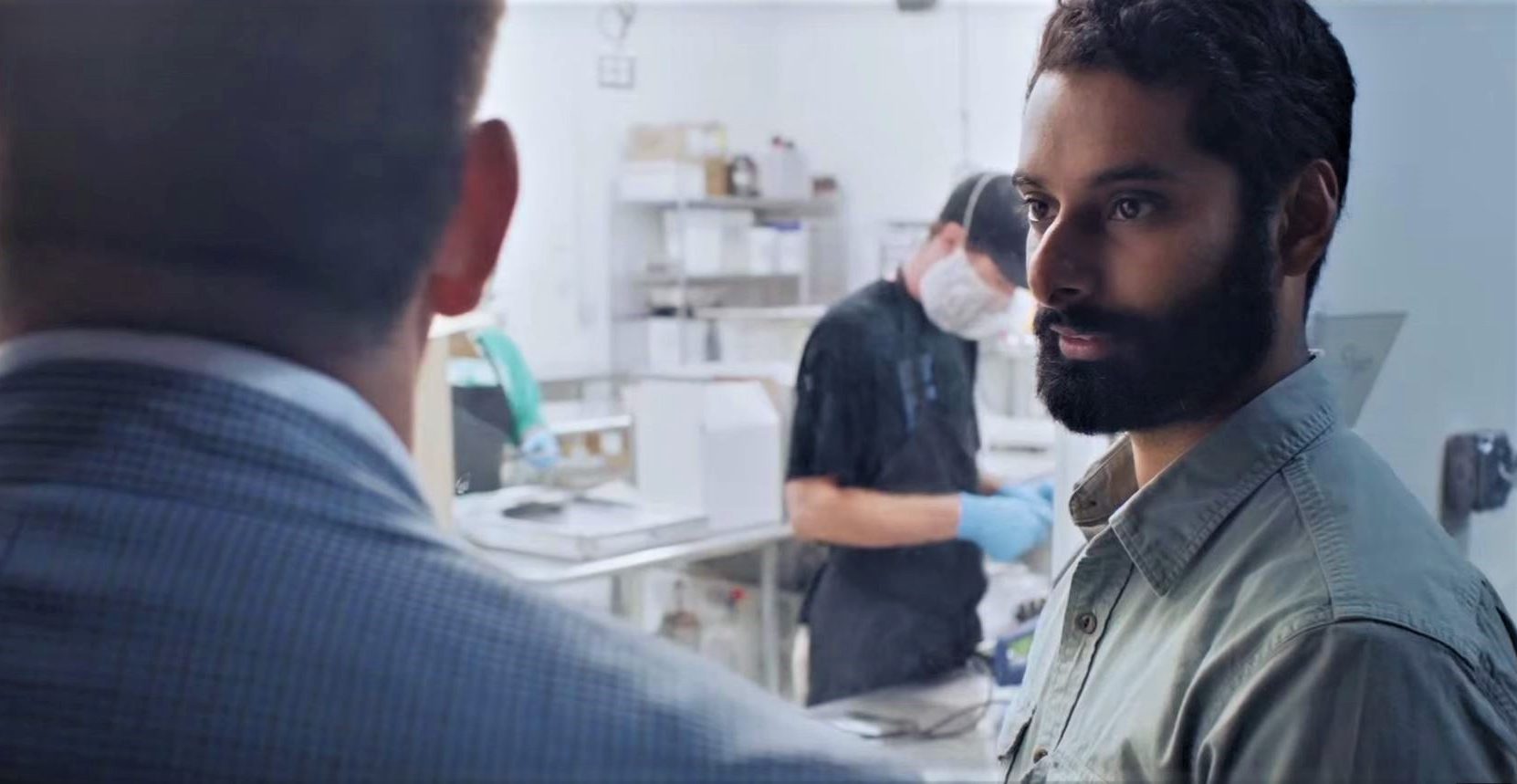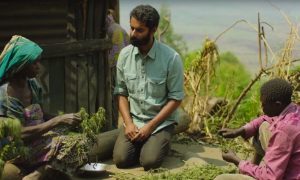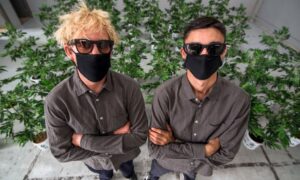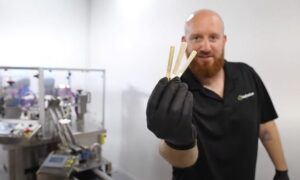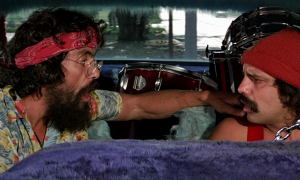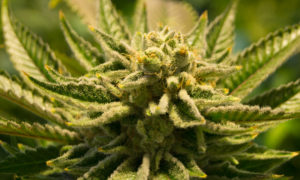Drugs are business, and with the widespread US legalisation of marijuana, pot is becoming big business. The creation and distribution of weed requires countless workers employed with the sole goal of getting you high, and the disparate parts that make up the very big machine of pot production in 2016 in many ways resemble the cogs present in any other commercial enterprise.
In that way, the fourth episode of Viceland’s Weediquette – “Marijuana Migrants” – is striking largely because it proves just how gobsmackingly normal the weed industry is. With the ever-changing shape of American legislature concerning drugs, it’s getting more normal by the day as both large companies and the titular “marijuana migrants” move into the weed production industry and threaten the old-school growers who have been there for years.
Of course, big business crushing the little guys is a perfect mirroring of capitalism in general, something that Weediquette’s Krishna Andavolu explores with various levels of subtlety.
But despite the huge weight of thematic material the episode covers, what’s most striking about the episode is how humane it is. For the first time yet, Weediquette has managed to juggle both the cerebral and the emotive, creating something genuinely quite powerful in the process. For every line referencing the statistics that back up the evident boom in marijuana farming, there is a human being explored and interviewed behind the numbers, and the show never disappears off into waffle as it has in the past.
A lot of that is due to just how damn likeable everyone proves to be. Of the many genteel, bubbly farmers we are introduced to, particularly loveable is a young man named Casey O’Neill for whom growing pot is an “entire reality”. O’Neill is deeply sympathetic, as are his attempts to educate the local weed-growing community so they might avoid being slaughtered economically by the wave of marijuana migrants.
Of course not everyone is so normal, and there are some kooks. But even odd beardy types like featured cannabis farmer Swami Chaitanya have valid points to make. “It’s about growing an honest product, really,” he says at one point of his pot farm. “We know [cannabis] is the most honest product you can produce.”
As ever with Weediquette there are a few missteps – jumping back and forth between families and farms quite quickly becomes exhausting, and the episode’s third act feels a little clunky and mishandled – but on the whole, this is perhaps the best serving of the show we have yet been offered, a fascinating look at an industry in transition.

